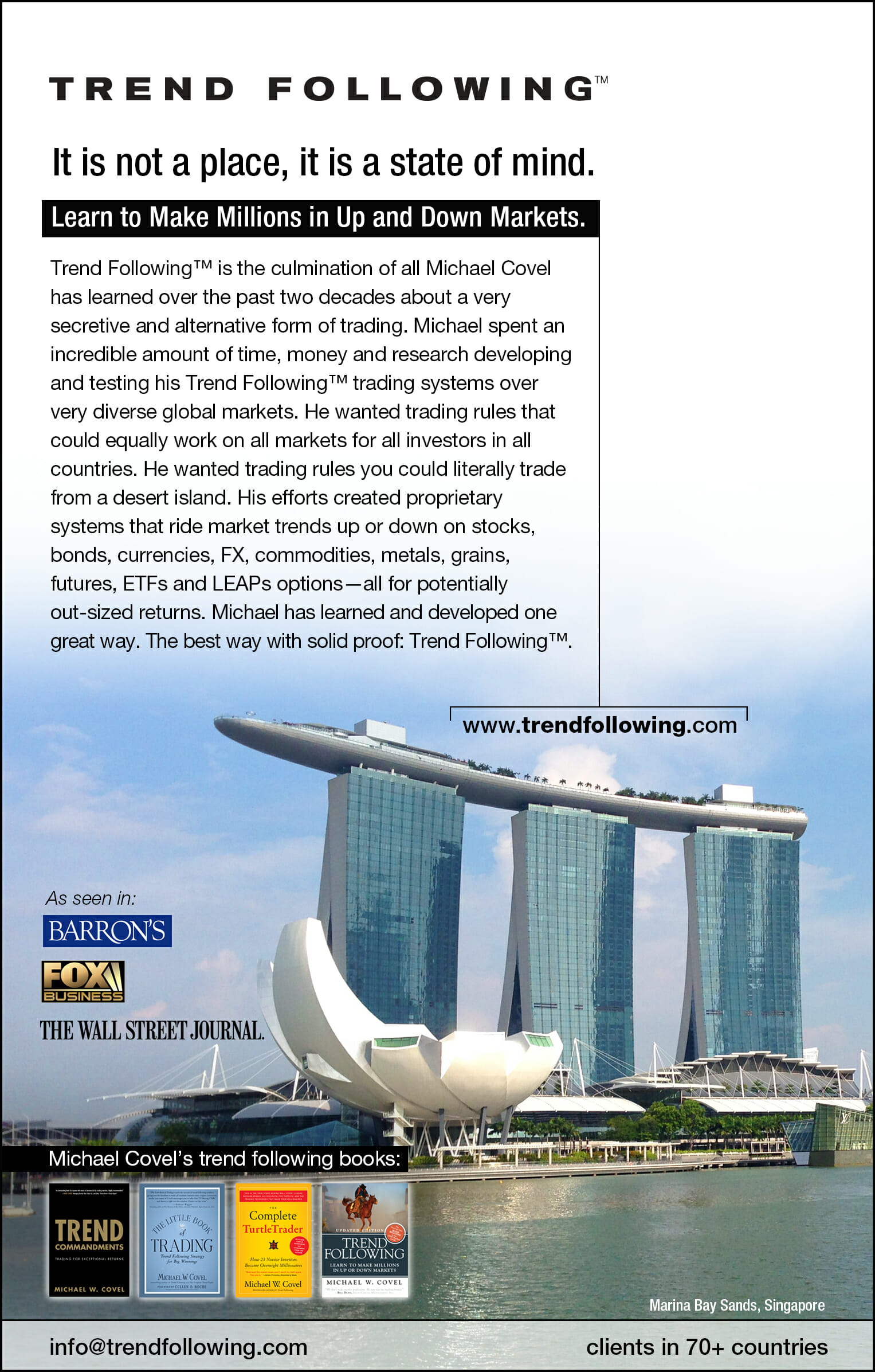“Everything should be made as simple as possible, but not any simpler.”
Albert Einstein
The following excerpt from Futures magazine mirrors our thoughts:
Copyright 2001 Futures Magazine
The mistakes of the best and brightest include:
- 1. Not diversifying because they know they’re right. Smart people know they’re smart. They’ve made good grades all their academic lives and maybe collected a few scholarships along the way. They’ve got multiple degrees. They can recall obscure pieces of information on many topics. People tell them they’re smart. All of this can go to these people’s heads if they’re not careful. Eventually, they get taught a lesson in trading: They cannot outsmart the market.
- 2. Not using a sell strategy. Smart people know they’ve stacked the odds in their favor and they have done their homework. They don’t believe they can fail. Maybe they’ve never failed at anything significant before in their lives. Who needs a sell strategy when you know you’re right? The market has ways of proving people wrong.
- 3. Averaging down in a losing position. Smart people know the investment idea was good before, so it’s an even better deal now if you can buy in cheaper, right? Wrong. The market can continue lower. Investing further in a losing position can severely beat up a portfolio and sometimes put investors out of the game.
- 4. Thinking that exhaustive, long-term studies of a strategy can predict the future. Like the disclaimer says, past performance does not predict future results. This is actually true and backed up by countless studies of traders across many markets, across many strategies and across many time periods. Smart people sometimes think that, by taking vast sums of data and analyzing it to death, they have an edge in predicting what the market will do next. Blowups can and will occur when the market does somthing it has never done before. [Great example of smart people trying to predict. It won’t work.]
- 5. Over-optimizing a strategy using historical data. Because smart traders have the mental ability to think up all sorts of ways of trading, they can come up with countless parameter sets in their strategies to trade a historical database with wonderful results. The problem generally becomes that they are fighting the last battle in the markets in their simulations, not necessarily the next one that they should be concentrating on. They don’t give themselves sufficient what-if scenarios that might occur and don’t prepare for the what-ifs properly.
- 6. Searching for perfection. Intelligent traders can come up with so many potentially better ways to trade that they sometimes spend most of their lives searching for perfection. Often the better approach is trading the best strategy they have at the moment and realizing they can work at making it better over the long run. You’ll never have the perfect trading strategy. Just give it the best shot you can each day and never stop trying to make it better.
- 7. Frequently changing an existing losing trading strategy to a better strategy. Smart people often have very active minds that can dream up all sorts of new, better ways to trade. Some ways even can be quite complicated to satisfy their intellectual firepower. But, if you make the assumption that all strategies have their day in the sun and their day in the doghouse, then moving away from a losing strategy may be foolish. The strategy that looks hot right now may become cold down the road and this year’s mediocre strategy may become next year’s star performer.
Trend Following Products
Review trend following systems and training:

More info here.
